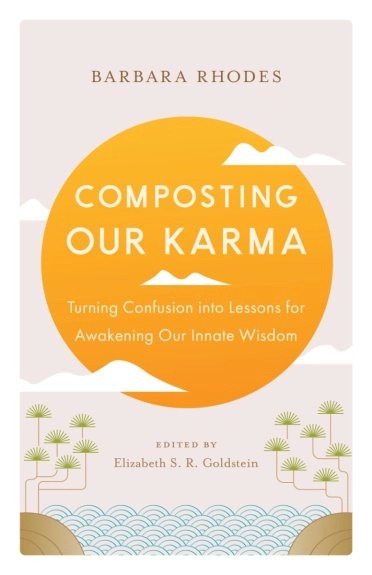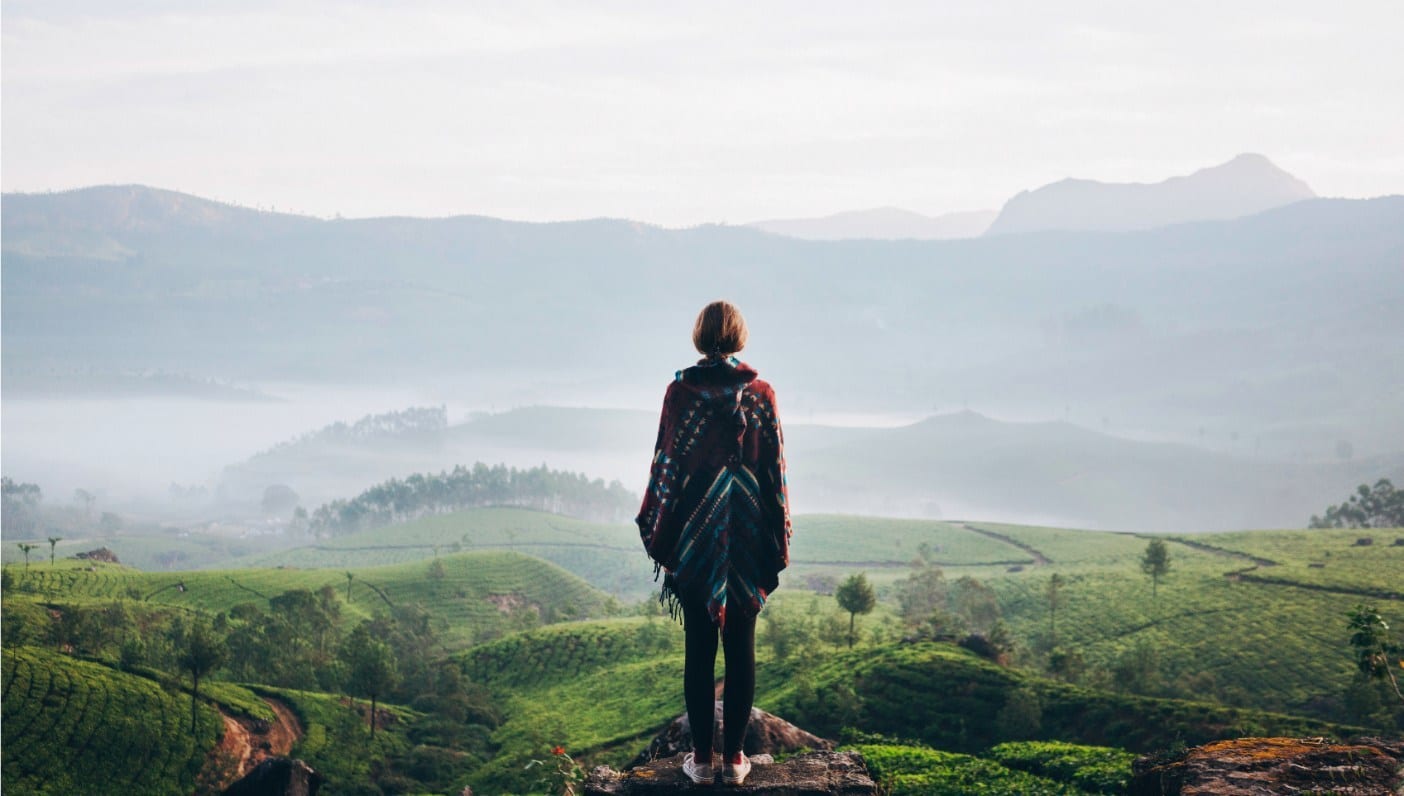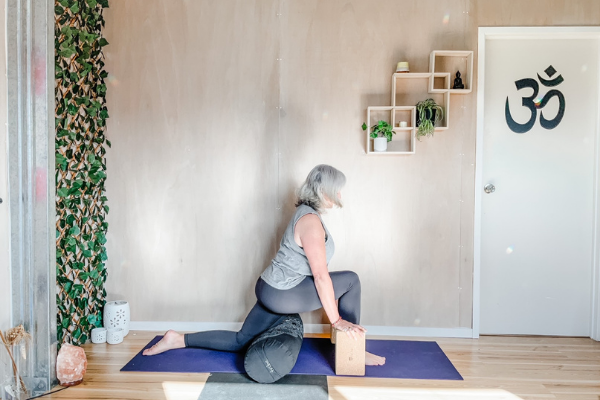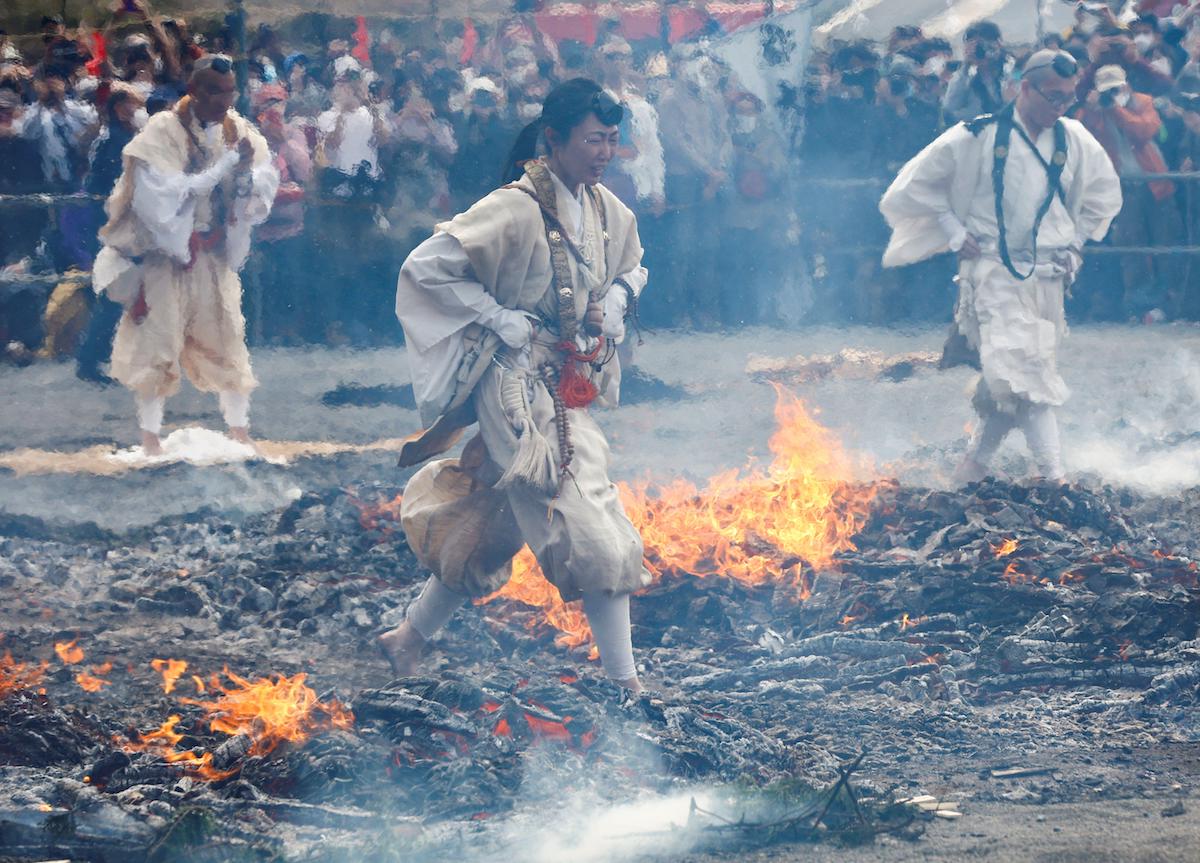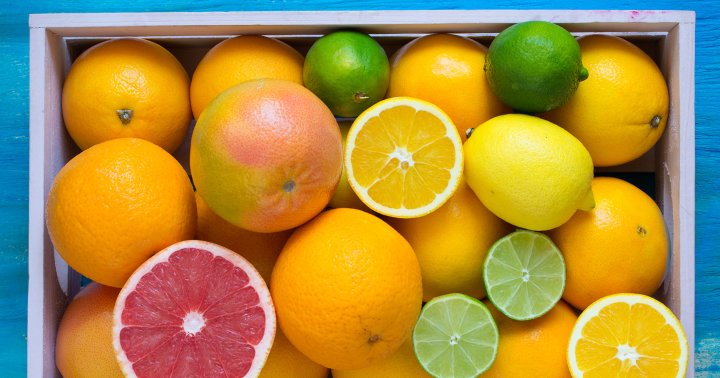Composting Our Karma
Rather than feeling hindered by our plight, we can attend to it. The post Composting Our Karma first appeared on Tricycle: The Buddhist Review. The post Composting Our Karma appeared first on Tricycle: The Buddhist Review.
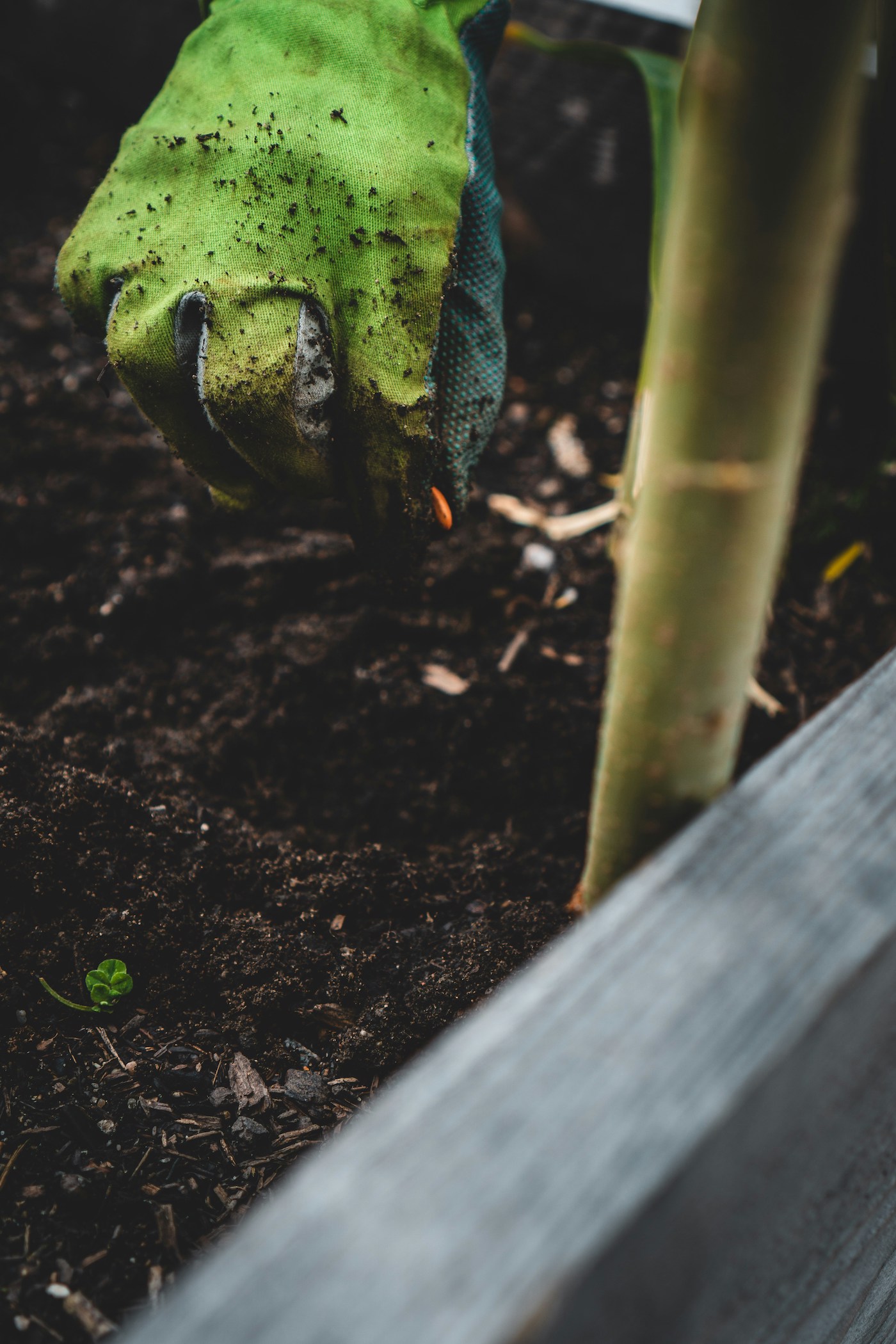
Karma can be described as the residual contents of our ego-centered mind accumulated over a very long time, sometimes called our “storehouse consciousness.” It comes from our likes and dislikes, our fears and desires, and all of the action and nonaction that each of us has moved through during countless lifetimes of reincarnation. Karma can be thought of as helpful or unhelpful. The helpful karma can move us toward helpful action and reinforce our sense of purpose. Unhelpful karma can be thought of as bad habits that originate from fear, misunderstandings, off-balanced desire, anger, and ignorance. Unhelpful karma can also be worked with.
I like the Buddhist explanation of karma, that you can notice and change it. Your karma is not your true self, and your habit force can be altered. In order to aspire to the highest wisdom, there has to be direct intuition, completely seeing into this moment. This means that everything, even the things we sometimes consider incorrect or tainted, are themselves pointing to your true self. When we can truly understand this, within our own wisdom and efforts, there will be no more obstacles, no more obstructions, only directly looking into things.
Everything, even the things we sometimes consider incorrect or tainted, are themselves pointing to your true self.
Composting your karma means to take the residual, undigested events and habits and digest them. Just as a compost pile needs tending, so does our karma. Rather than feeling hindered by our karma, we can attend to it. The product in our healthy garden compost is humus, the living part of soil. The product of our composted, digested karma is learned lessons. As we learn our lessons, we become more and more aware. We learn to openly question, and we learn to listen. These lessons open us up to our innate compassion and wisdom. We become the Buddha we already are.
How Do You Compost Karma?
Years ago, while walking through a redwood forest, I lay face down on the soft ground and had the sensation of decomposing. I imagined slowly breaking down, first becoming the pine needles, then decomposing into finer and finer material until I was eventually resting on the rock below, which was also decomposing. This experience was totally uncontrived, and there was no sense of loss or fear. On the contrary, it had the quality of a very graceful and natural union. I composted. Of course, my sense of being an individual self returned, but that time I spent decomposing was and continues to be a great source of comfort and reassurance.
Ever since that experience in the forest, I have had a compost pile whenever I could. If you are actually going to start composting your garden and kitchen waste, you are going to have to learn how to do it. It can’t just be piled up in some corner and constantly added on to. If we don’t learn how to tend to the compost, it will just begin to lump up and smell; it needs air and moisture, turning, and attention. I’m always in awe when I see that a broccoli stem has become unrecognizable. It melds into all that is around it. The warmth and softness come from the gentle letting go, the melding. Amazingly, all kinds of sentient beings—mites, centipedes, snails, beetles, ants, worms—arrive. They are the physical decomposers; they grind, tear, and chew materials into smaller pieces. What is so amazing is that we don’t have to ask these creatures to appear; they are just part of a natural symbiosis. Mature compost has no smell, no trace of its origins. When we surround our garden with compost, the plants are given the air, moisture, and nutrients that make up the compost. It is the gift from the compost.
Without truly owning, looking at, tending to our undigested parts, we cannot grow and nurture this world.
I can think of no other metaphor that fits so well with our practice. There is a Zen saying: “Why do you go around pulling that corpse?” The corpse we are carrying is the unfinished process of the compost pile. It’s lumpy, multicolored, smelly, and not yet so helpful. Our practice can help us to let go of the egoistic corpse. This letting go happens by our being able to look at our thoughts, our life. What parts feel unresolved, uncomfortable, even painful? By gently breathing in these parts, looking at them, and then gently breathing out “Don’t know,” we can begin to compost, digest, meld our discomfort into compassion and wisdom. In the Gospel of Thomas, verse 70, Jesus says something that I find particularly relevant: “If you bring forth what is within you, what you have will save you.” Without truly owning, looking at, tending to our undigested parts, we cannot grow and nurture this world. We actually need those parts to compost into our true selves! No two compost piles are the same, and yet when they are fully mature, they are always nurturing and without odor. They are ready to do their job.
Some people have the idea that practicing Zen or any religion is becoming God or Buddha, or even “becoming a good person.” But if you are grasping to become “enlightened,” it’s like putting icing over a mold of cow manure. Instead, we need to let our cow manure become compost. The only way to do that is to let everything in, let all our karma appear, let the air come in, the moisture, and then learn how to use it for other people. Then our karma is a wonderful thing: It becomes nourishment for everybody else. Jesus talked about the mustard seed in the Gospel of Thomas, verse 20: “The tiniest of all seeds. But when it falls on prepared soil, it grows into a large plant and shelters the birds of the sky.” Our mind is the same. Sometimes our buddhanature, our God-nature, our ability to see clearly, is very, very tiny. We have bad days. We have bad lives, some of us! So start right now. Don’t think of yourself as being bad or good, proficient or clumsy. Simply regard yourself as having that seed.
My experience at this point in my practice is that there are some things I’m not clear about, that aren’t finished. Zen Master Seung Sahn called that “undigested karma.” It’s not bad or good. In the woods, there are leaves that are totally mulched and others that aren’t yet. That is how things are. Nothing says the leaves on top are any less than the completely mulched leaves or the black soil underneath. That’s opposite thinking—discriminating consciousness. So each one of us has this life, and each of us has a moment. Don’t ask for your karma to appear; it appears! If you’re not trusting “Don’t know,” if there’s still a question, then you have to go back and ask more deeply, that’s all. When you are composting, you know if something still smells. I’ve been composting for years, and it’s always clear when it’s been digested; there’s no more odor, and it’s homogeneous and ready to be put in the garden. As you work with your compost, you know that. If it’s not quite composted enough, you will find out. It will stink. It will be clear. You learn and keep working the soil. Remember, you may need to prepare the soil, but you always have the mustard seed. Nobody is ever born without it.
♦
Adapted from Composting Our Karma: Turning Confusion into Lessons for Awakening Our Innate Wisdom by Barbara Rhodes, edited by Elizabeth S. R. Goldstein © 2024 by Barbara Rhodes. Reprinted in arrangement with Shambhala Publications, Inc. Boulder, CO.

 Hollif
Hollif 